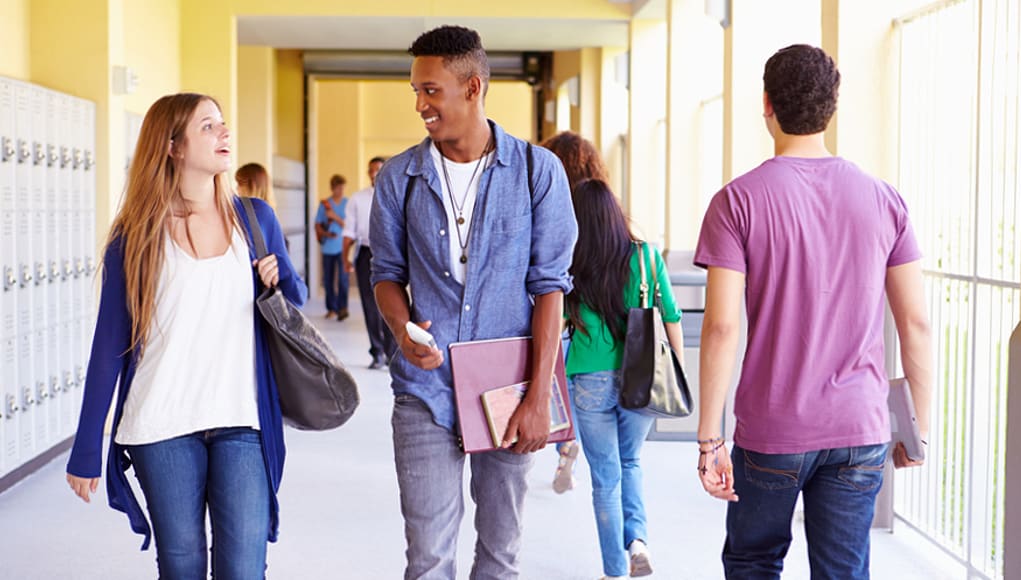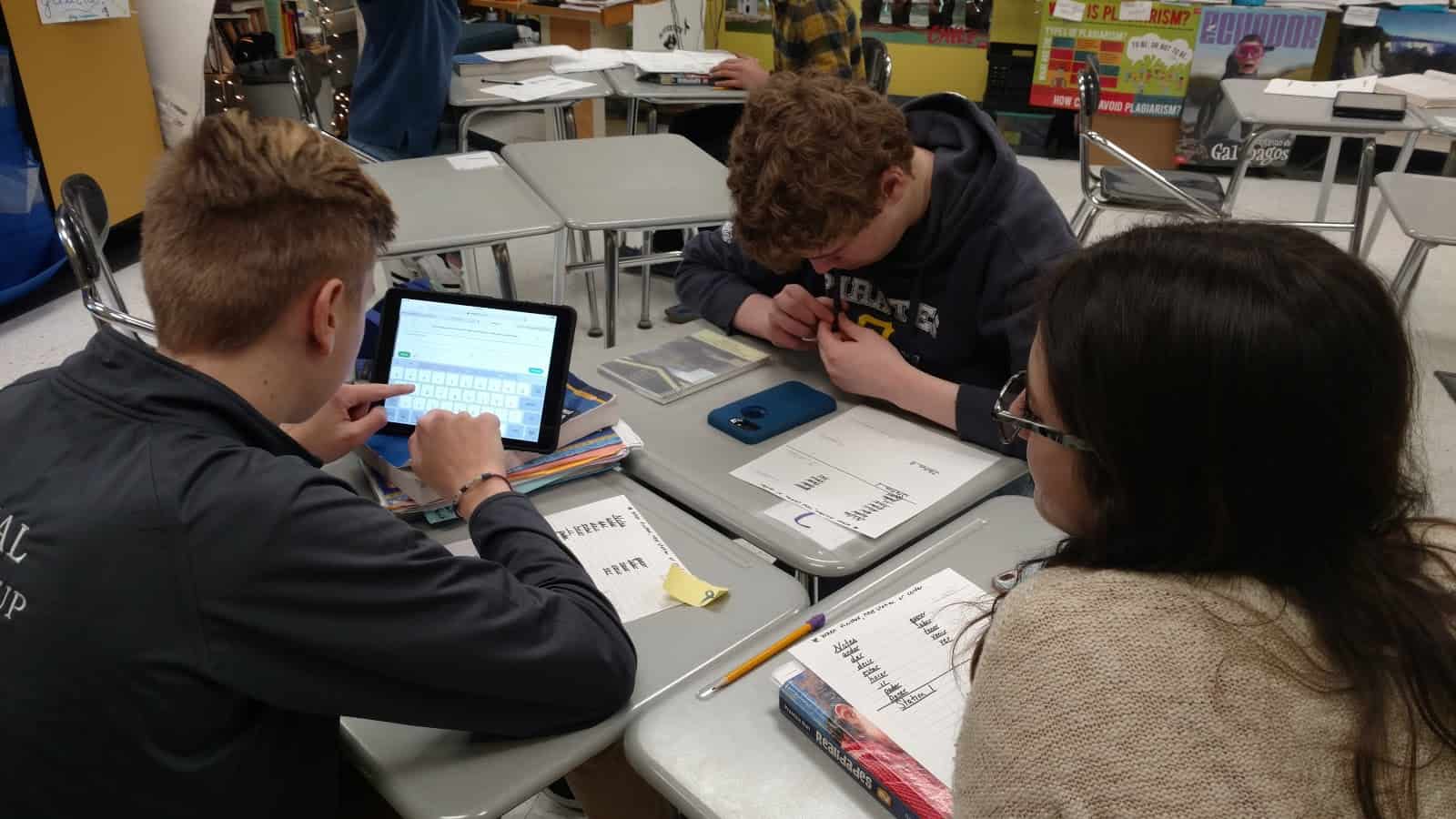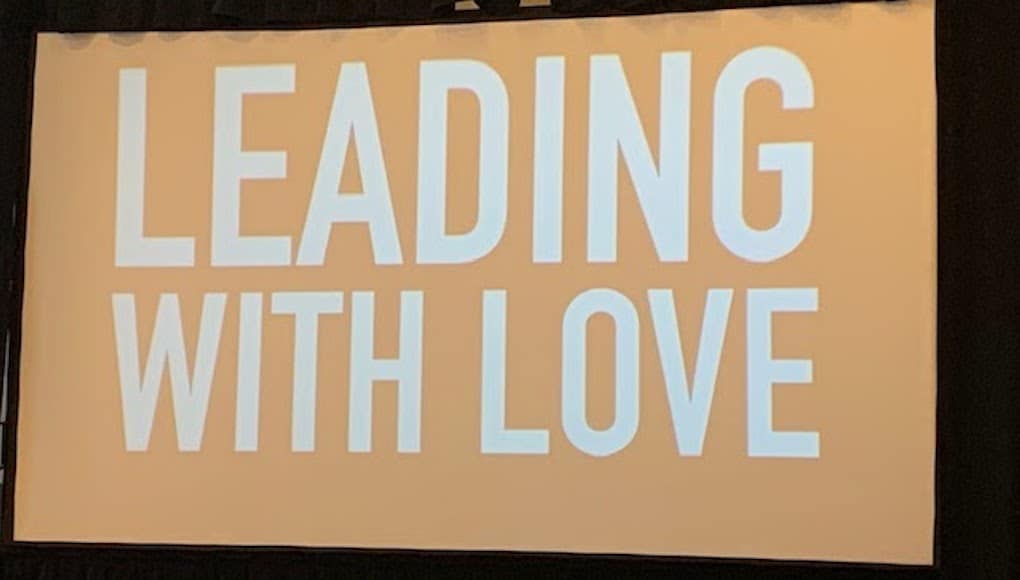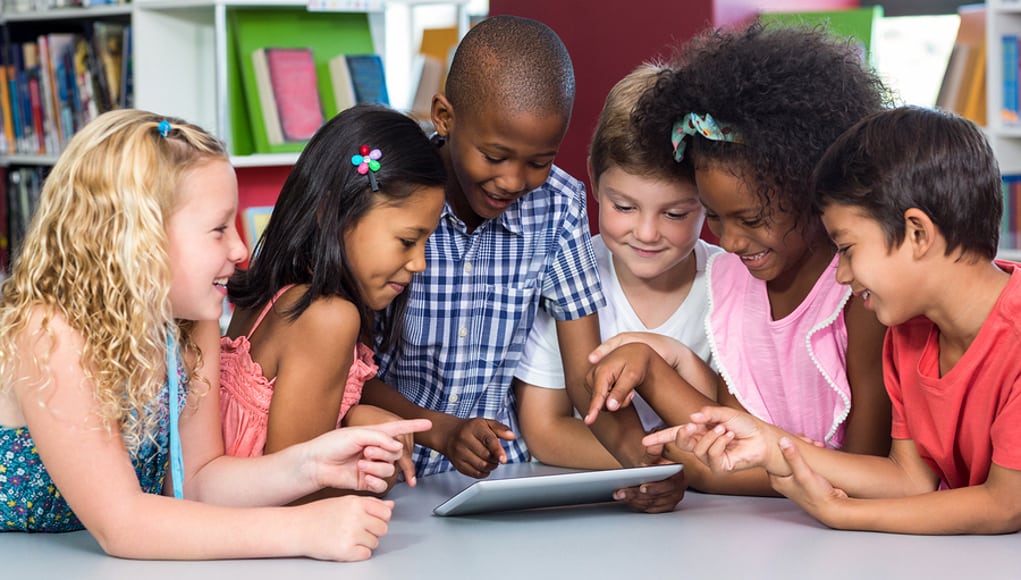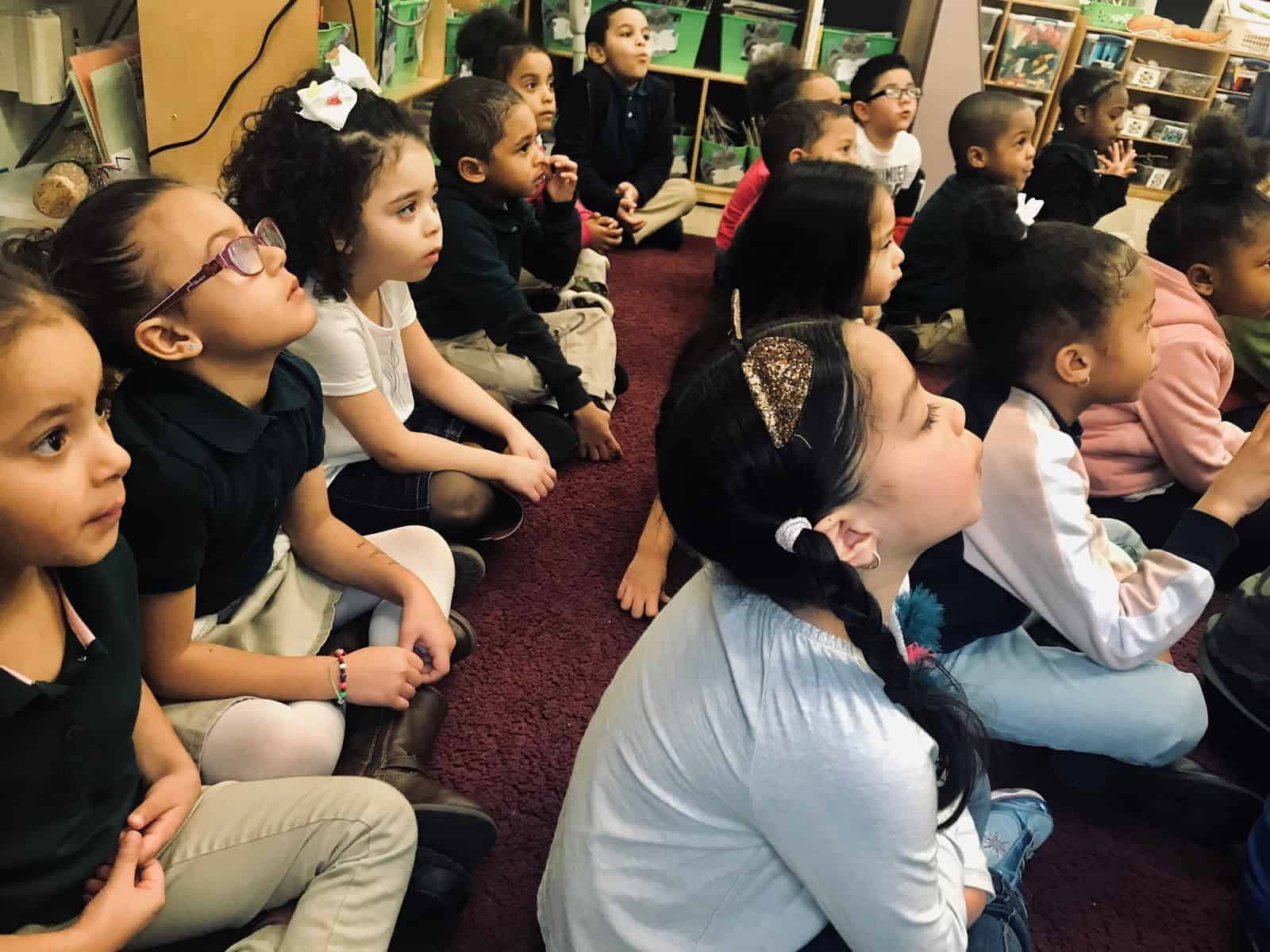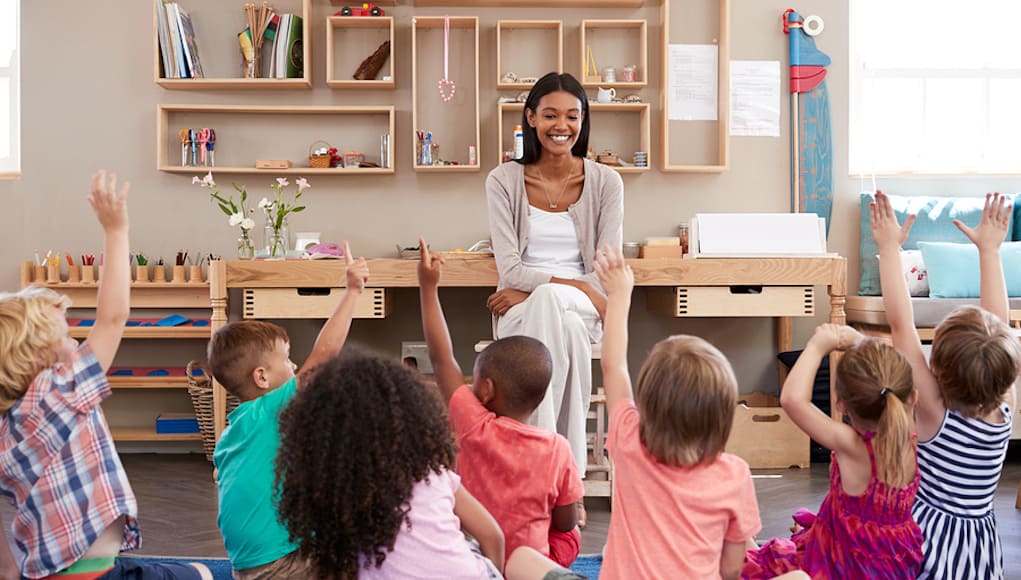Project-Based Learning
(PBL) is an instructional approach where traditional, direct classroom instruction and tests are replaced by authentic, often interdisciplinary projects, usually designed by the student with guidance from instructors/coaches, addressing real-world problems as the assessment instead of a test. It also is closely related to deeper learning, challenge-based learning, interest-based learning and more.
Principia: The Future of Tradition
Principia, a private K-12 school in St. Louis, redesigned their facilities to promote project-based learning. Here’s why the change has led to a massive shift in culture and curriculum that better meets the needs of 21st-century students.
Getting Clearer: HQPBL As An Equity Imperative
By: D. Becton-Consuegra. PBL is a liberatory pedagogy. This is a call to action to be intentional in the ways we disrupt education inequities by using High-Quality PBL practices.
The Superhero Schools of Philadelphia
By: Chris Unger - These inspiring schools are doing important work for underprivileged students in Philadelphia. This is how they extend student possibilities.
Providing for Different Learning Styles
VARK learning styles (visual, auditory, read/write, and kinesthetic) and ways to provide learning experiences that meet student needs.
Leading with Love and Centering Student Voice: Big Picture Leadership Conference 2019
By: Rebecca Midles & Kelly Niccolls. Big Picture Leadership Conference is setting the standard for student-centered learning and leadership.
Teaching Technology, Digital Literacy as Global Competencies
We can use technology to have our students transform their world and the world at large by ensuring their digital literacy.
Never Too Young to Be An Activist
By: Liz Pitofsky. Service Learning Project (SLP) explains how they engage youth in organizing projects to solve problems in their schools and communities.
The Kansas City Area Real World Learning Initiative and Recognizing the Need for Change
By: B. Nicely. The Kearney School District Superintendent describes the role the Real World Learning Initiative plays in career success preparation.
10 Inevitable Education Evolutions Educators Can Lead
If educators allow politicians, researchers, and pundits to take charge of the evolution in education, it will be delayed and implemented with less clarity. It’s time for teachers to be change agents, thus owning the profession.
Creating Global Competence in Response to the 4th Industrial Revolution
By: Dr. M. Jones-Carey. Creating a global mindset is as simple as refocusing project-based learning, makerspaces and STEM in your classroom.




